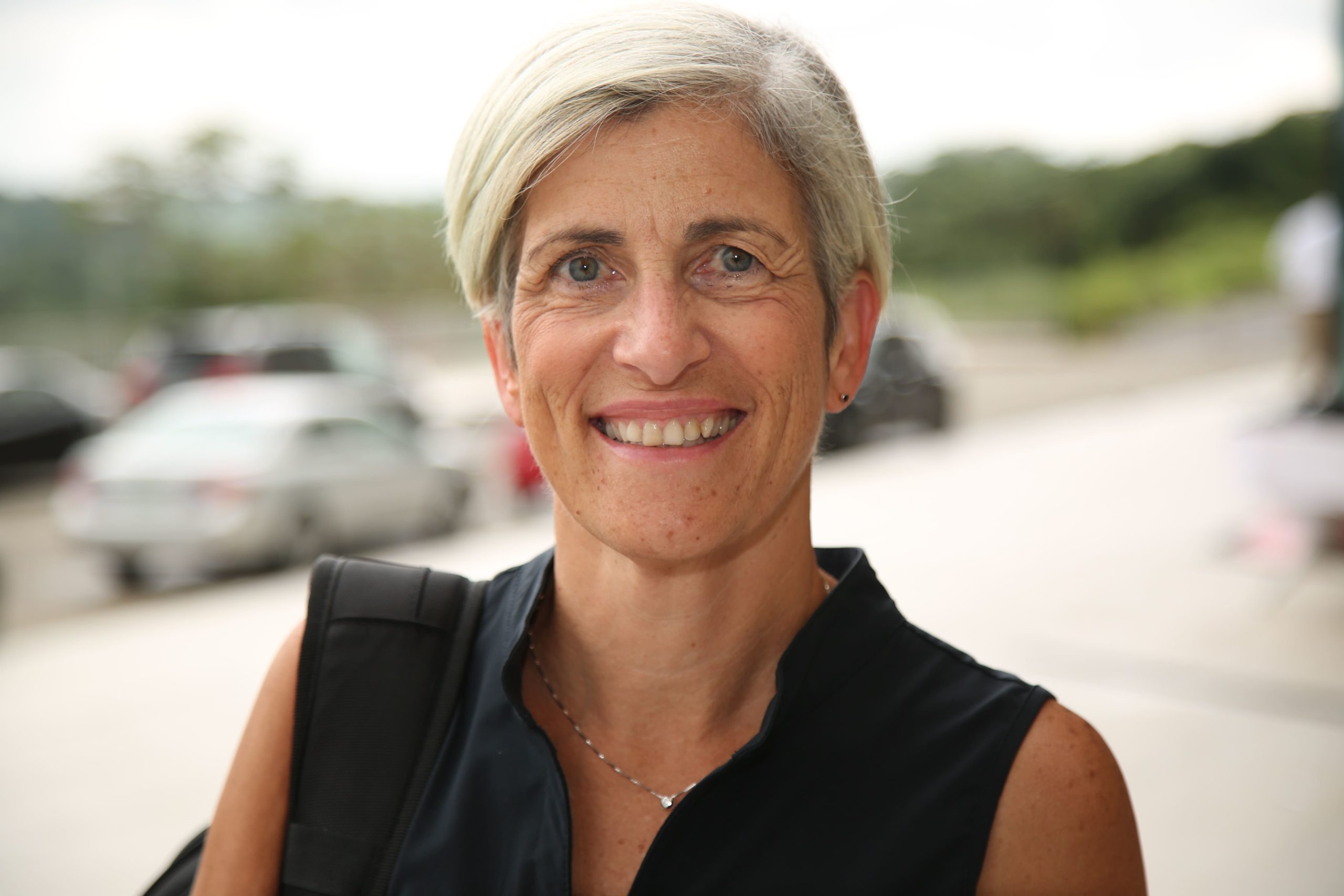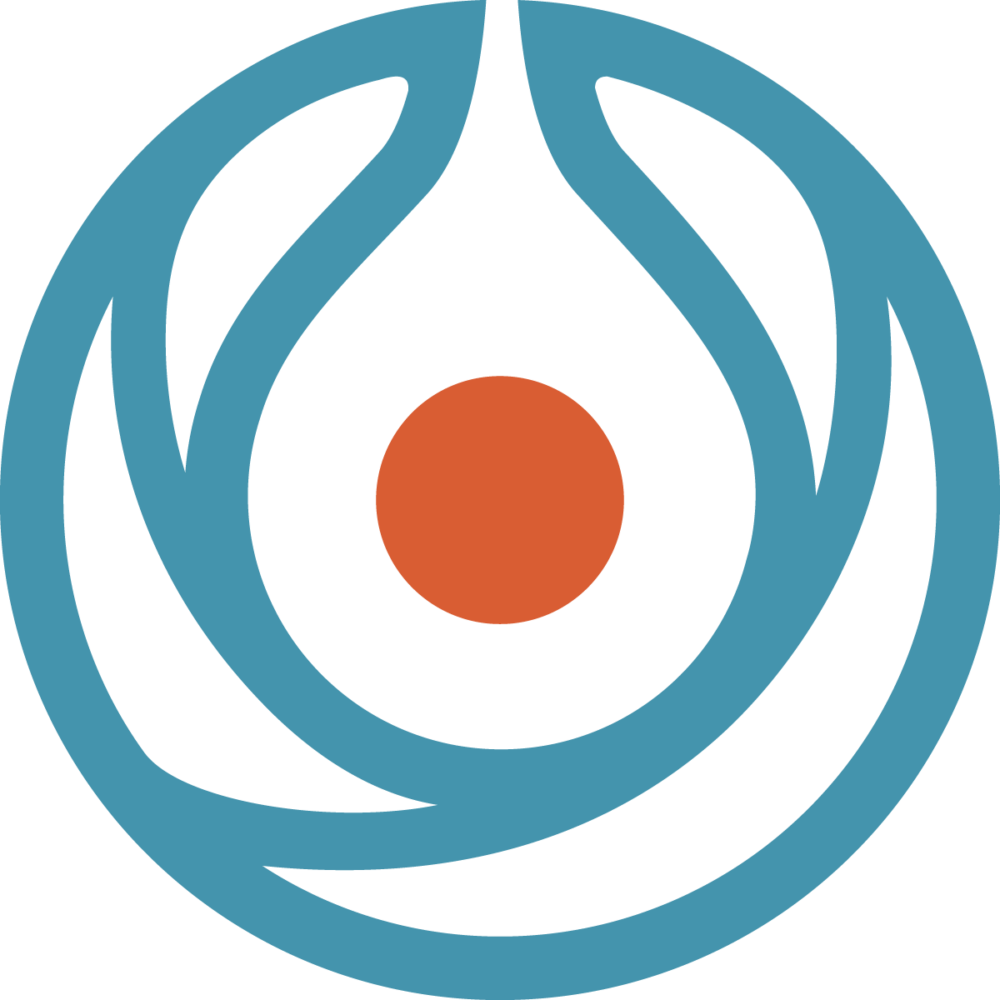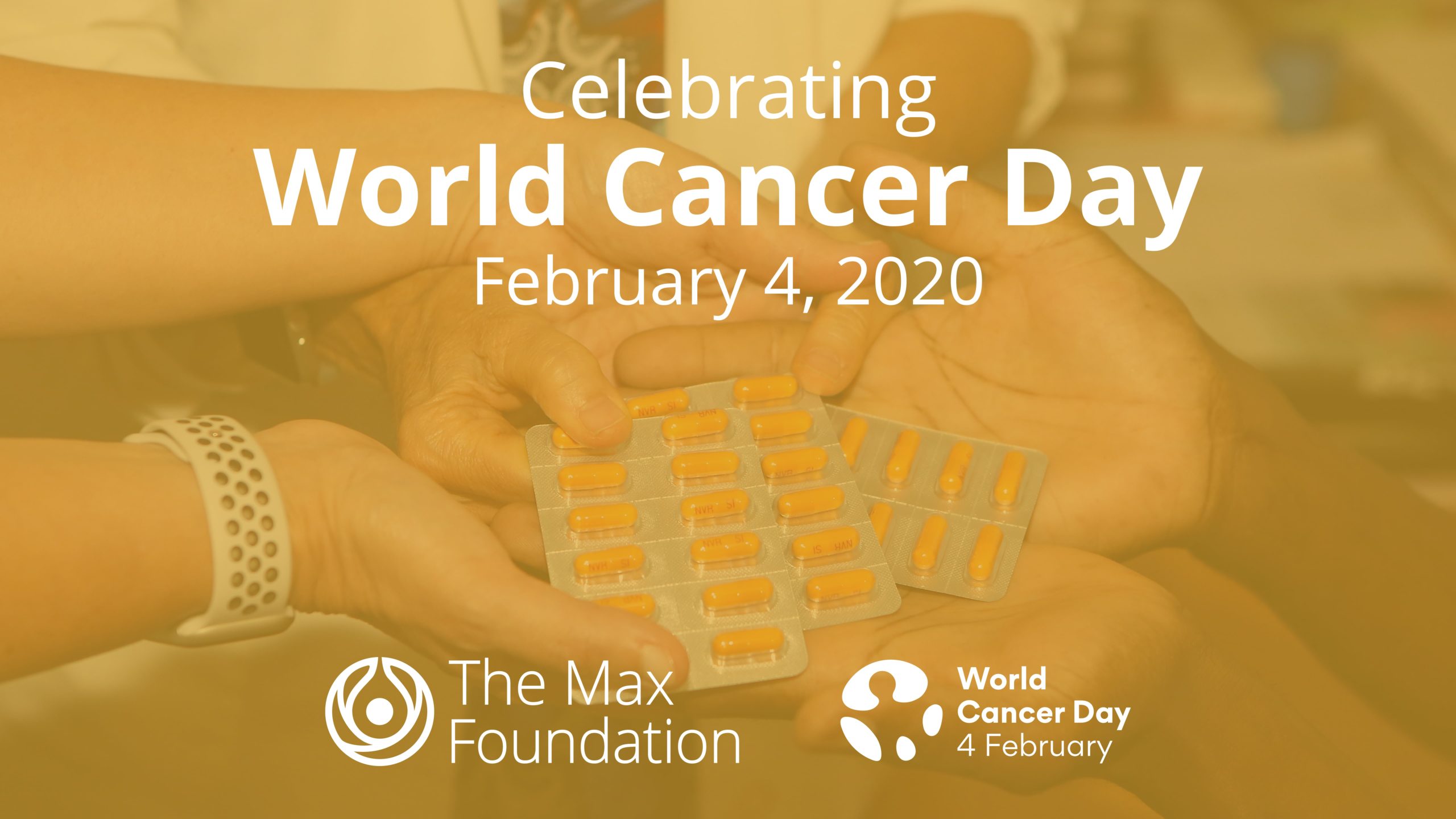Interview with Pat Garcia-Gonzalez with GlobalWA
For World Cancer Day, GlobalWA interviewed Max CEO Pat Garcia-Gonzalez to hear about the many lessons she has learned in this work, and how both cancer treatment and patients’ access to treatment globally has changed. You can also catch Pat talk on February 12, 2019, at The Pacific Science Center: “the Good, the Bad, and the Ugly.” Pat will discuss the state of global cancer treatment and The Max Foundation’s strategies for removing barriers to access. More information here.
What lessons have you learned in 15+ years working in treatment access?
The first lesson I have learned is that it is possible. It is actually possible to provide access to innovative cancer treatment for patients living in low- and middle-income countries, even when the treatment might be long-term, and in some cases, indefinite. I have also learned that for every patient we are able to rescue, we are not only saving the life of that particular individual, but we are also saving the lives of many others in their family and their communities. We even have a great impact on the availability of oncologists and hematologists by providing the means for them to successfully treat patients and inspiring medical students to want to become oncologists and hematologists.
I have also learned that nothing is simple; these problems are often complex and require great commitment from multiple partners and a great deal of patience, hand-in-hand with a “never give up” attitude.
Finally, I have learned that no matter how hard it is, it is worth it.
What is different from when you started?
So much has changed since we started The Max Foundation. When we first began, targeted cancer therapies didn’t even exist! Then, of course, a miracle happened: Novartis developed imatinib (Glivec®) – this incredible drug that basically changed the nature of chronic myeloid leukemia (CML) turning the diagnosis from a death sentence into a disease that people could live with. Then, just as remarkable, a second miracle – the company decided they would provide access to those in need in low- and middle-income countries. They partnered with us to co-develop what went on to be known as the Glivec® International Patient Assistance Program (GIPAP). In the years that followed, more than 80,000 patients in low- and middle-income countries gained access to treatment through the program.
Read the rest of Pat’s interview on GlobalWA.




